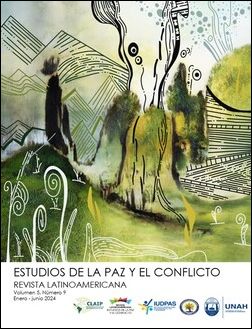Theoretical approaches to the concept of youth and youth transitions.
DOI:
https://doi.org/10.5377/rlpc.v5i9.16925Keywords:
Youth, youth transitions, nominalism, life course, social categoryAbstract
Determining the approximate age of a young person through radiological and dental tests is a common procedure in border control by authorities when there is suspicion of having intercepted an unaccompanied minor. From a solely biological perspective, it would be possible to describe a young person based on objective characteristics determined by this scientific community. However, from a sociological perspective, the concept of youth is controversial, and it is possible to find literature where this concept as a social category is questioned. This article review authors in both senses, for and against the possibility of considering young people as a social category, aiming to contribute to the debate and consensus among social theorists on studies referring to youth, such as studies of transition to adult life. In this way, the concept of youth is interpreted from a social perspective, as a process, not as a state. However, it is still necessary to delimit the object of study using age intervals, to be operational, even running the risk of falling into the lack of conceptual consistency of the social category of youth.
Downloads
1173
HTML (Español (España)) 343
XML (Español (España)) 51
EPUB (Español (España)) 80
Downloads
Published
How to Cite
Issue
Section
License
Copyright (c) 2023 Latin American Journal of Peace and Conflict Studies

This work is licensed under a Creative Commons Attribution 4.0 International License.
The journal's contents are published under a Creative Commons Attribution 4.0 license (CC BY 4.0). This license allows third parties to share (copy and redistribute the material in any medium or format) and adapt (remix, transform and create from the material for any purpose, including commercial), as long as the authorship and first publication in this journal (Revista Latinoamericana Estudios de la Paz y el Conflicto, Universidad Nacional Autónoma de Honduras - Consejo Latinoamericano de Investigación para la Paz, DOI of the work) is acknowledged, a link to the license is provided and it is indicated if changes have been made to the original. The terms of the license are available online at http://creativecommons.org.




